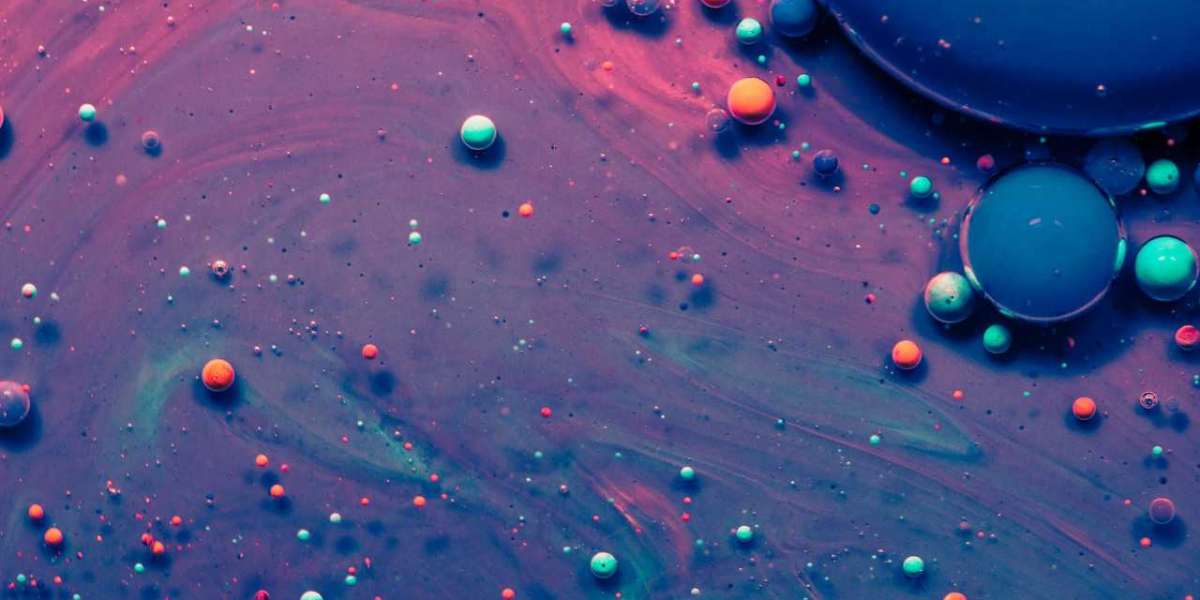Eco-friendly plumbing solutions are a crucial aspect of sustainable living and are designed to minimize water waste, reduce energy consumption, and lessen the environmental impact of plumbing systems. These solutions encompass a wide range of technologies, materials, and practices that help conserve water, reduce energy usage, and promote environmental responsibility. It’s important to know the various eco-friendly plumbing solutions and their significance:
#Low-Flow Fixtures
Low-flow faucets, showerheads, and toilets are among the most well-known eco-friendly plumbing solutions. They are designed to restrict water flow while maintaining adequate pressure, significantly reducing water consumption. Low-flow fixtures can save thousands of gallons of water each year in a typical household, leading to lower water bills and reduced strain on water resources.
#Dual-Flush Toilets
Dual-flush toilets provide users with the option to use a lower water volume for liquid waste and a higher volume for solid waste. This design minimizes water waste and is highly effective in conserving water.
#Tankless Water Heaters
Tankless, or on-demand, water heaters are energy-efficient alternatives to traditional water heaters with storage tanks. They heat water only when needed, eliminating standby energy losses associated with maintaining a reservoir of hot water. This results in reduced energy consumption and lower utility bills.
#Greywater Recycling
Greywater is wastewater from sinks, showers, and washing machines that can be collected, treated, and reused for non-potable purposes like landscape irrigation and toilet flushing. Greywater recycling not only conserves water but also reduces the strain on sewage treatment plants.
#Rainwater Harvesting Systems
Rainwater harvesting involves collecting and storing rainwater for various purposes, including landscape irrigation, flushing toilets, and even non-potable indoor use. By using rainwater, homeowners can reduce their reliance on municipal water supplies.
#Energy-Efficient Pump Systems
In homes with hot water recirculation systems, energy-efficient pumps can be used to reduce energy consumption. These pumps circulate hot water more effectively, ensuring that hot water reaches the taps quickly, minimizing the need to run water and wait for it to heat up.
#Solar Water Heaters
Solar water heaters use energy from the sun to heat water, reducing the need for electricity or gas. They are an eco-friendly and cost-effective alternative, particularly in sunny regions. Solar water heaters are often equipped with backup systems for overcast days.
#Water Filtration Systems
Installing water filtration systems at the point of use can reduce the need for bottled water and decrease plastic waste. These systems ensure that the water is safe and healthy to drink while also being eco-friendly.
#Environmentally Friendly Pipe Insulation
Eco-friendly pipe insulation made from recycled or sustainable materials helps conserve energy by reducing heat loss from hot water pipes. This results in less energy needed to maintain water temperature.
#Eco-Responsible Materials
Choosing plumbing materials made from sustainable or recycled materials helps reduce the environmental impact of plumbing installations. Eco-responsible materials include bamboo, reclaimed wood, recycled glass, and low-impact paint and finishes.








